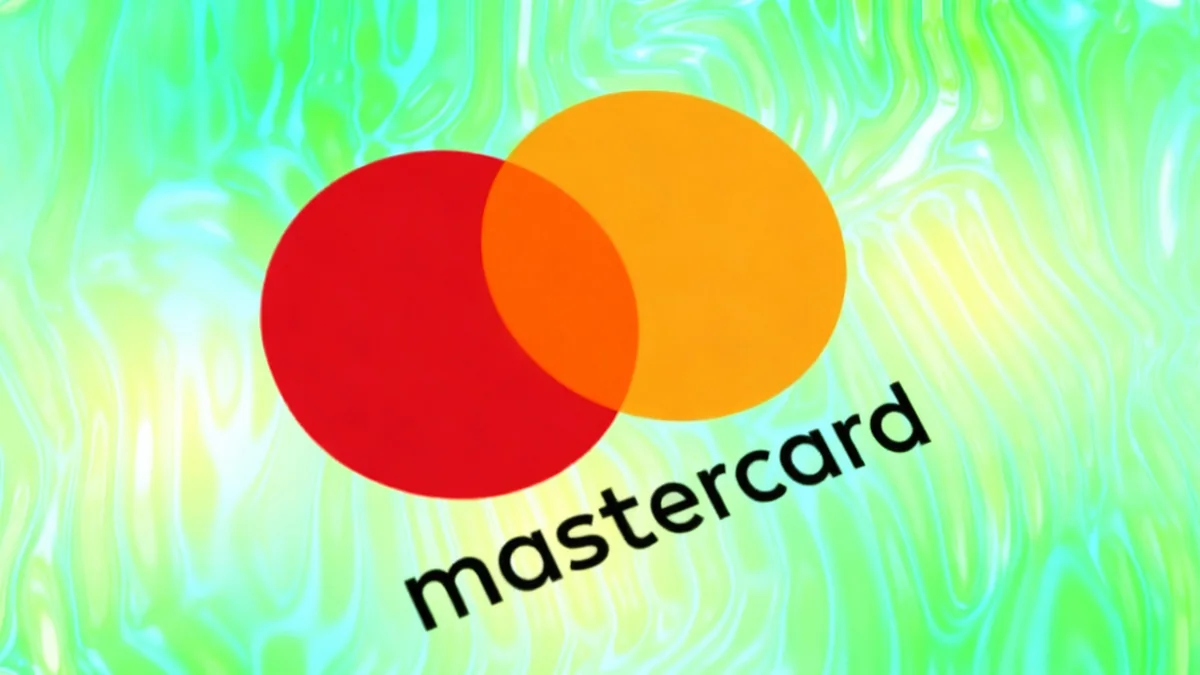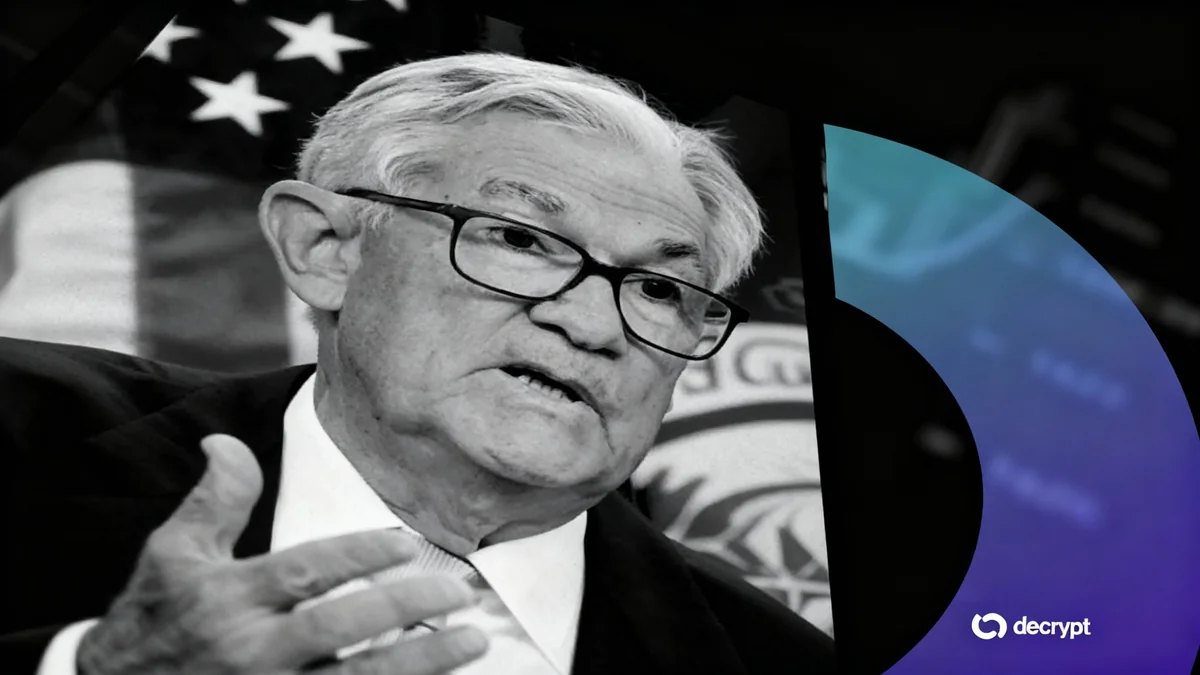Payments giant Mastercard is reportedly set to acquire Zerohash, a Chicago-based crypto infrastructure startup, in a deal valued at up to $2 billion. The move signals a major strategic expansion for Mastercard, pushing its involvement beyond crypto payments and deep into the core technology that powers stablecoins and asset tokenization.
Key Takeaways
- Mastercard has reportedly agreed to acquire crypto infrastructure provider Zerohash for as much as $2 billion.
- The acquisition aims to integrate Zerohash's technology for stablecoins and tokenization into Mastercard's network.
- Zerohash was previously valued at $1 billion following a Series D funding round led by Interactive Brokers.
- This move follows a trend of major financial institutions absorbing fintech and crypto startups to accelerate their digital asset strategies.
Details of the Landmark Acquisition
The acquisition, reported on October 29, 2025, places a significant valuation on Zerohash, a company founded in 2017. The deal's value, potentially reaching $2 billion, would be double the startup's last private valuation of $1 billion.
That $1 billion valuation was established during a $104 million Series D funding round in September. The round was led by Interactive Brokers and saw participation from prominent financial firms, including Morgan Stanley and SoFi, highlighting strong institutional interest in Zerohash's platform.
What is Zerohash?
Zerohash provides critical infrastructure for financial companies looking to enter the digital asset space. Its platform offers a suite of technology and regulatory tools that enable banks, fintech firms, and brokerages to launch compliant services, including cryptocurrency trading, stablecoin issuance, and the tokenization of real-world assets.
Mastercard's Strategic Push into Crypto Infrastructure
For years, Mastercard has been an active participant in the cryptocurrency sector. The company is well-known for its partnerships with major crypto exchanges like Binance, Gemini, and OKX to issue crypto-backed debit and credit cards.
However, this acquisition represents a fundamental shift in strategy. Instead of focusing only on the consumer-facing payment layer, Mastercard is now moving to control the underlying infrastructure. By acquiring Zerohash, the company gains the technological capabilities to support the creation and management of stablecoins and tokenized assets directly.
This follows other strategic moves by the company into the stablecoin ecosystem. Mastercard has previously established a working relationship with Circle, the issuer of the USDC stablecoin. It also joined the Global Dollar consortium, an initiative focused on stablecoin standards, alongside industry players like Kraken and Robinhood.
The potential $2 billion acquisition price for Zerohash is notable, as it is the same figure reported earlier this month when Mastercard and Coinbase were allegedly in a bidding war for another stablecoin startup, BVNK.
The Broader Industry Trend
Mastercard's move is part of a larger trend where traditional financial giants are no longer just experimenting with digital assets but are actively acquiring the technology and talent needed to lead in the space. Buying an established infrastructure provider like Zerohash is often faster and more efficient than building similar capabilities from the ground up.
The acquisition gives Mastercard a significant advantage in several key growth areas:
- Stablecoin Services: The company can offer its banking partners the tools to issue and manage their own stablecoins.
- Asset Tokenization: Zerohash's technology can be used to convert real-world assets, such as stocks or real estate, into digital tokens that can be traded on a blockchain.
- Regulatory Compliance: Zerohash has built its platform with a focus on compliance, a critical component for large, regulated institutions like Mastercard.
By integrating Zerohash's technology, Mastercard is positioning itself not just as a payment network for crypto, but as a foundational pillar for the next generation of digital finance.
What This Means for the Future of Finance
The reported acquisition of Zerohash by Mastercard is a clear indicator that major financial institutions view crypto infrastructure as a critical component of their future business. The focus on stablecoins and tokenization suggests a future where digital currencies and assets are seamlessly integrated into the global financial system.
For consumers and businesses, this could eventually lead to faster, more efficient payment systems and new ways to invest in and trade a wide range of assets. As established players like Mastercard enter the market more aggressively, the line between traditional finance and the digital asset economy continues to blur, paving the way for mainstream adoption.





